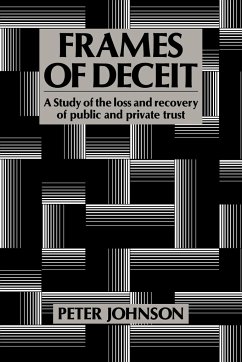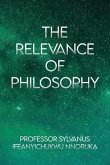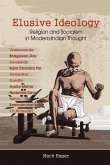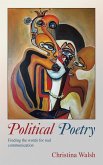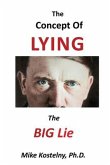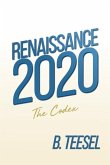Frames of Deceit is a philosophical investigation of the nature of trust in public and private life. It examines how trust originates, how it is challenged, and how it is recovered when moral and political imperfections collide. In politics, rulers may be called upon to act badly for the sake of a political good, and in private life intimate attachments are formed in which the costs of betrayal are high. This book asks how trust is tested by human goods, moral character and power relations. It explores whether an individual's experience of betrayal differs totally from that of a community when it loses and then seeks to recover a vital public trust. Although this is a work of political philosophy it is distinctive in examining three literary texts - Sophocles' Philoctetes, Shakespeare's Troilus and Cressida, and Zola's Thérése Raquin - in order to deepen our understanding of the place of trust in morality and politics.
Hinweis: Dieser Artikel kann nur an eine deutsche Lieferadresse ausgeliefert werden.
Hinweis: Dieser Artikel kann nur an eine deutsche Lieferadresse ausgeliefert werden.

